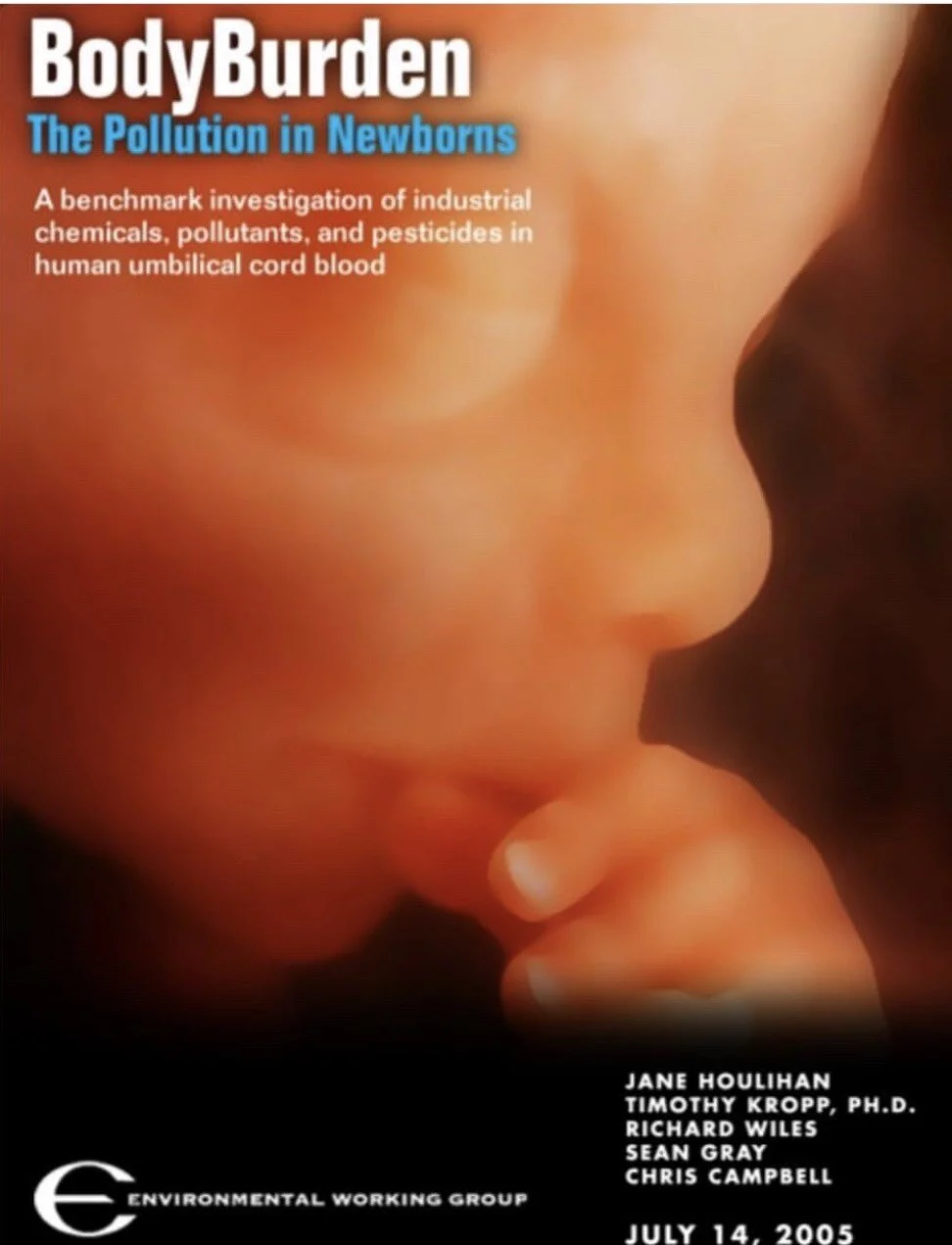Are Toxic Chemicals Hurting Newborns?
It’s really important for everyone to be aware that as much as we might like to believe, the government and important manufacturers are not always protecting the public against toxic chemicals as best they can. There continues to be a debate between the public and the Environmental Protection Agency (EPA) on the number of known chemicals currently in commerce.
Online articles claim that there are 84,000 chemicals of which only 200 have been safety tested whereas the EPA claims that number to be 38,000. They claim that all chemicals are rigorously tested before approval on things like health or environmental effects and not permitted unless proven safe. I have some doubts on these claims as with these 38,000 chemicals, not all have been tested to fully ensure safety of long term health. Therefore, it is our responsibility to educate ourselves.
One of the biggest environmental safety issues of this decade has been the recognition that certain plastics and chemicals used in our everyday lives have in fact been effecting our fertility and children. Bisphenol-A (BPA) is the industrial chemical that we need to be most wary of. It is found in so many every day products such as water bottles, canned food and plastic containers.
Since 1996, scientists have been publishing reports on how even very tiny amounts of BPA was having major impacts on mice. Particularly on their reproductive organs. In 2007, The National Institute of Environmental Health Sciences (NIEHS) gathered top scientists to investigate and report on the effects of PBA. Their findings:
BPA is everywhere, literally everywhere. The chemical has been shown to leech out of the plastic and so has been found in our food, water and air supply. Alarmingly, BPA has even been found in most fetuses.
These chemicals act as endocrine disruptors mimicking some hormones (mainly Estrogen) that we naturally produce and tricking our bodies. Introducing BPA at varying life stages has been shown to effect the prostate, breasts, testis as well as brain structure and chemistry.
Pregnant mice exposed to BPA gave birth to males with low sperm count and low testosterone and females went into puberty early.
Study findings: A study performed by the Environmental Working Group (EWG) found 287 chemicals in umbilical cord. Pesticides, consumer product ingredients, and wastes from burning coal, gasoline and garbage.
It was only in 2012 that the FDA formally banned the use of BPA in baby bottles and products… after the plastic company themselves requested it to be banned. Hallelujah there is good in the world!
Unfortunately, the ban was not across the board and even with more recent research showing evidence linking BPA to infertility and increased miscarriage rates, BPA is still being used. Independent research continues to show that BPA in small amounts causes serious health problems however the FDA states that the levels found in common plastics are safe. The most recent research has indicated that the FDA would need to reduce the 'safe limit' of exposure by 20,000 fold in order to protect the public.
I don’t know about you, but I certainly would prefer not to wait around for further studies to be released and for the FDA to finally ban BPA. Despite my strong feelings on BPA, and belief that it really is causing harm I have to highlight that these studies are proving an ‘association’ and not always ‘causation’, as other factors could of course be contributing to these fertility issues. Having said that, I much rather Err on the side of caution. In doing so, I have taken some actions to reduce my exposure to BPA products. In case anyone is with me….
Here are some of my recommendations:
Use BPA free or stainless steel bottles and containers
Avoid drinking water from a bottle that has been left in the heat, i.e your car for a period of time
Avoid microwaving containers as the BPA chemical can leech into your food
If unsure of whether the container is made with BPA, make sure to hand wash it gently and avoid abrasive cleaning. This can release the BPA from the plastic
Avoid canned foods unless BPA free, especially soups
Drink beer from glass bottles instead of cans
Don’t put boiling or very hot liquid into plastic containers that contain BPA
For more information :
1. Body Burden Report https://assets.ctfassets.net/t0qcl9kymnlu/2GVUmYpZCgu6iuSiKEUY4m/9ccbb2938066649259c634806957d499/Body_Burden_in_Newborns.pdf
2. The Federal Approval Process for New Chemicals https://www.americanchemistry.com/Chemical-Review-Process.pdf
3. Landmark BPA Study Finds Troubling Health Effects at FDA’s ‘Safe’ Levels
Have a question for us? Feel free to contact us. Alternatively, join us on Instagram @thefertilitytalk

